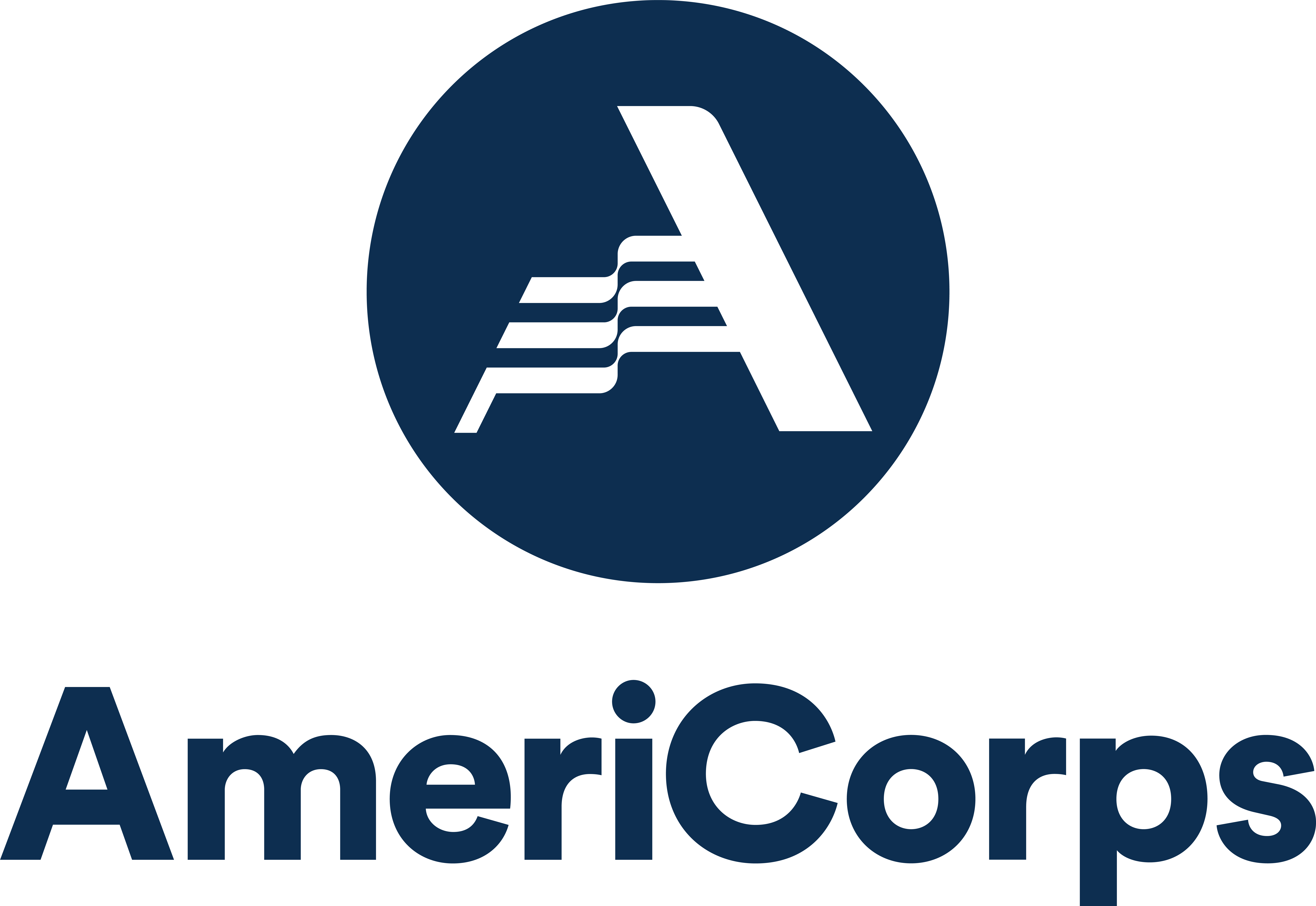Some of the biggest challenges Christian Appalachian Project’s (CAP) Family Life Counseling Service (FLCS) faces include clients coming into therapy with issues such as depression, anxiety, and addiction as well as symptoms to unresolved trauma. As the holiday season approaches after another pandemic impacted year, FLCS staff continue to provide insight, support, and healing for children, their families, and individuals in Appalachia.
“With COVID-19 and the increased isolation and losses associated with it, I try to be aware of how much social interaction and connectedness my clients have, especially during the holiday season,” said Dale Hamilton, an FLCS mental health counselor. “This is naturally a time to reflect and ruminate on past relationships and events. It is important to take time every day to reflect on what you are feeling and thinking.”
Oftentimes feelings that seem to come from nowhere are being triggered by reminders we may no longer recall. To help identify those feelings during the holiday season and beyond, Hamilton encourages journaling. “Journaling is a great way to reflect and analyze patterns of emotions. It also gives insights to the sources of those emotions,” he said. “Writing and logging emotions can bring back the connections to earlier memories and help us resolve the past.”
Mindfulness is another great practice Hamilton recommends to help quiet thoughts that can lead to difficult emotions. “Once we are aware of emotions that may be impacting our mental health, it is important to change the impact by disputing irrational beliefs, allowing ourselves compassion and forgiveness, or offer that to others,” he added. “Of course, counseling is a great place to work on these things.”
Appalachian culture often promotes individualism or relying on family and extended family for support and resources. While family connectedness can be a great resource, it can also help perpetuate generational disparities and poor mental health, Hamilton acknowledged. FLCS has strong connections with agencies like Child Protective Services, Family Court, and the Department of Juvenile Justice, which helps maintain connections with clients. Clients referred to FLCS from these agencies have often experienced trauma, which have led the staff to gravitate toward advanced trauma training such as Eye Movement Desensitization and Reprocessing (EMDR) and Trauma Focused Cognitive Behavioral Therapy (TFCBT).
The collaborative partnership between the agencies also provides an increased likeliness of addressing client’s needs, both for individuals who are victimized and for individuals who were abusive or neglectful. Services for abusive or neglectful individuals include anger management, parenting classes, or individual counseling. FLCS provides services to anyone in need regardless of referral or ability to pay. During the pandemic, the program also began using telehealth services to continue seeing clients.
Hamilton and other FLCS staff are attending the Kentucky Counseling Association (KCA) conference this week in Louisville, which he helps organize as vice president of the association. While there, Hamilton said he will make connections with other professionals in the state and attend an EMDR training conducted by an experienced EMDR practitioner, supervisor, and well-known therapist in the Commonwealth. “The conference is a great source of quality training,” Hamilton said. “I always leave encouraged, renewed, and energized to serve my clients.”
The Kentucky Counseling Association is the state branch of the American Counseling Association and is an organization of counseling professionals who work in educational, health care, residential, private practice, community agency, government, business, and industry settings.







